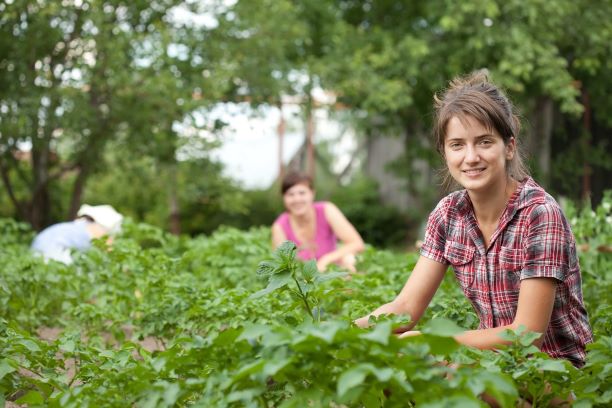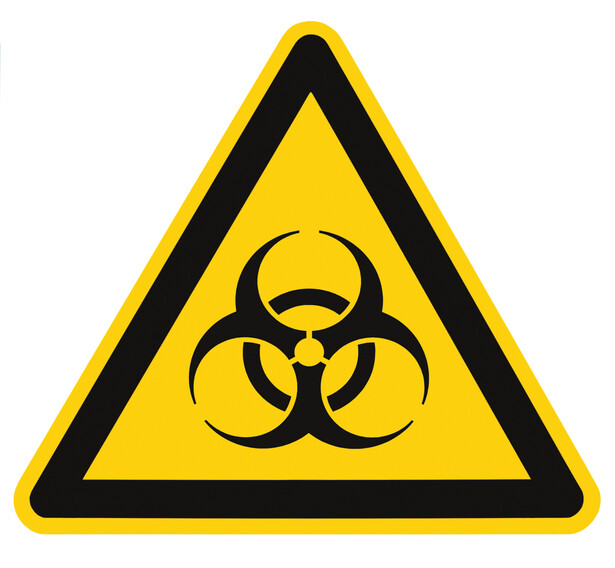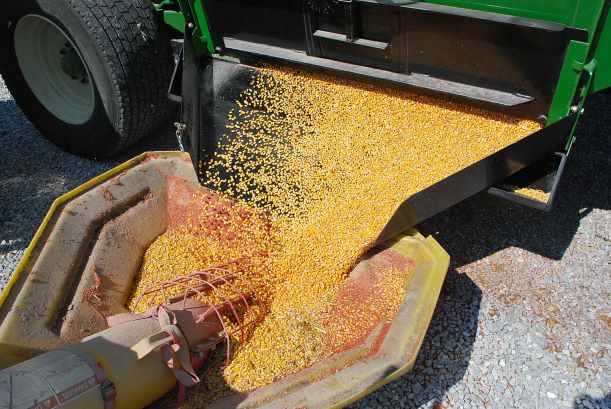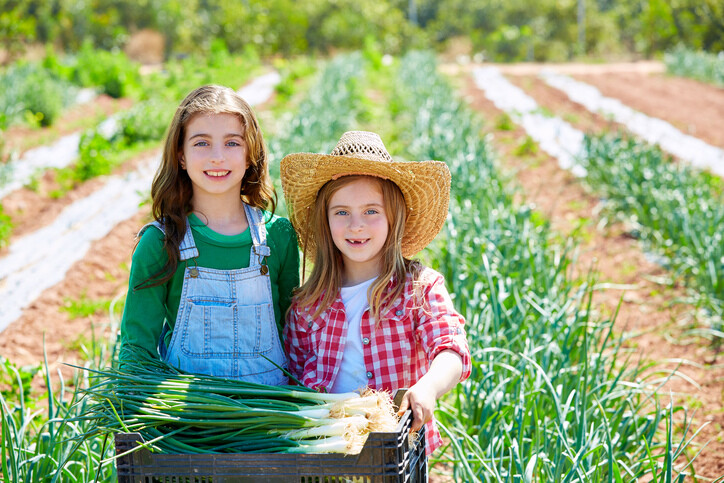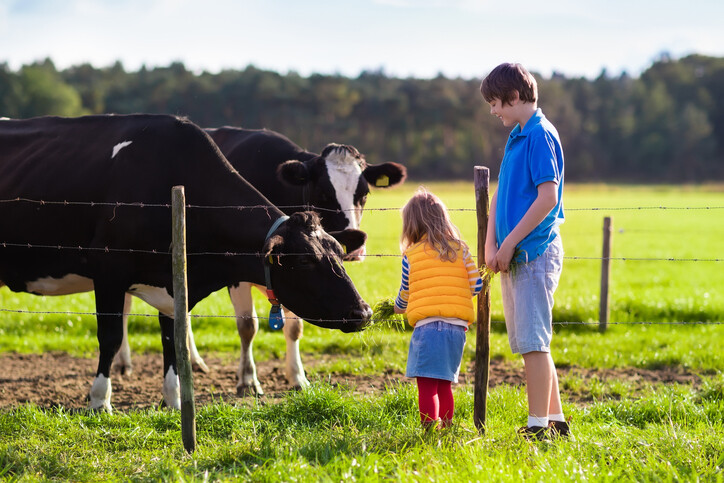Eliminating Workplace Violence in the Field for Employers
Thirty-six percent of the 3.4 million producers counted in the census are women. Education will focus on all women including farmworker women and their employers on reporting violent incidents to authorities, making employees aware of their legal rights, safe work practices, medical referrals, treatment, and options including counseling if needed. Intended Audience: This training isRead More

